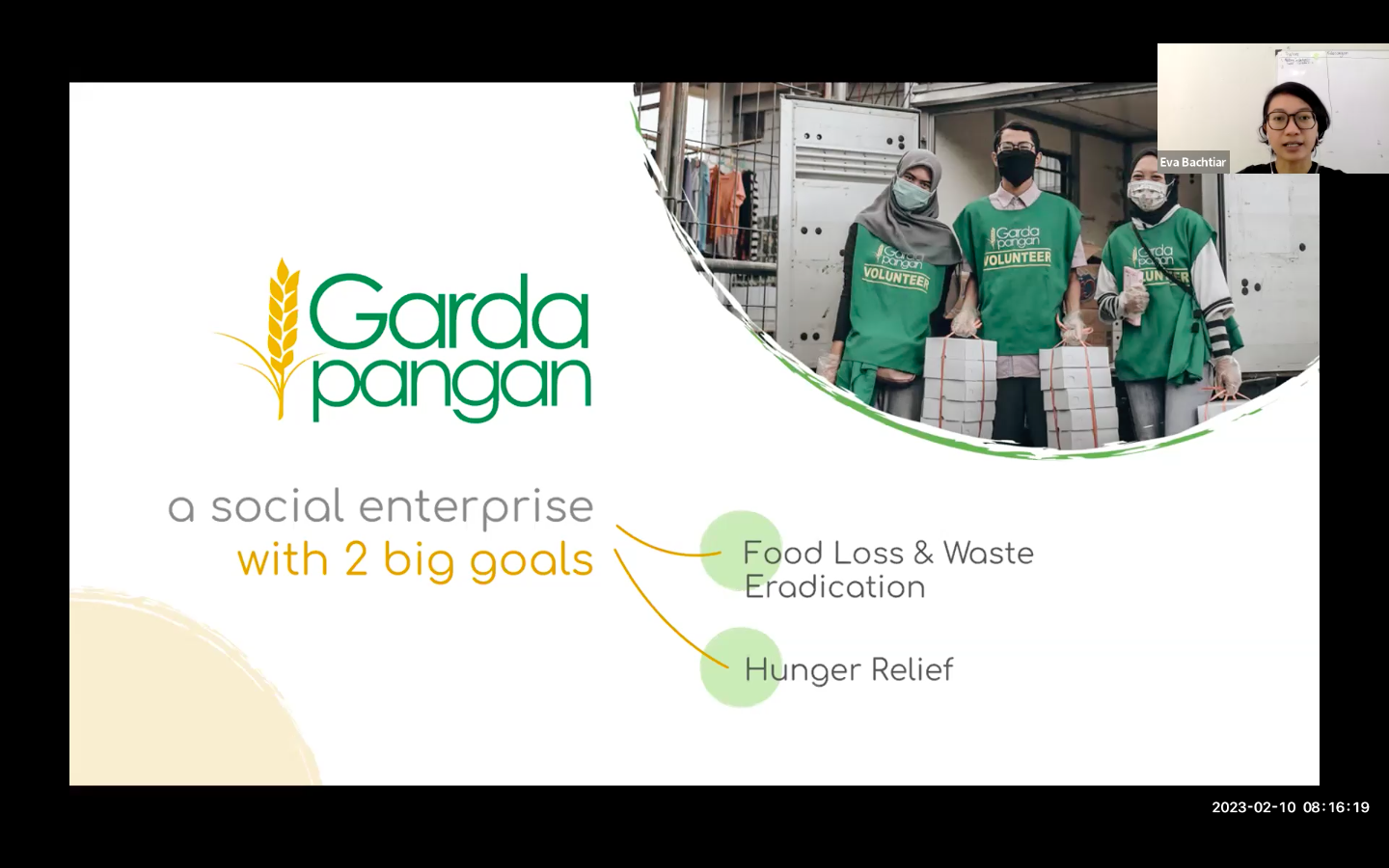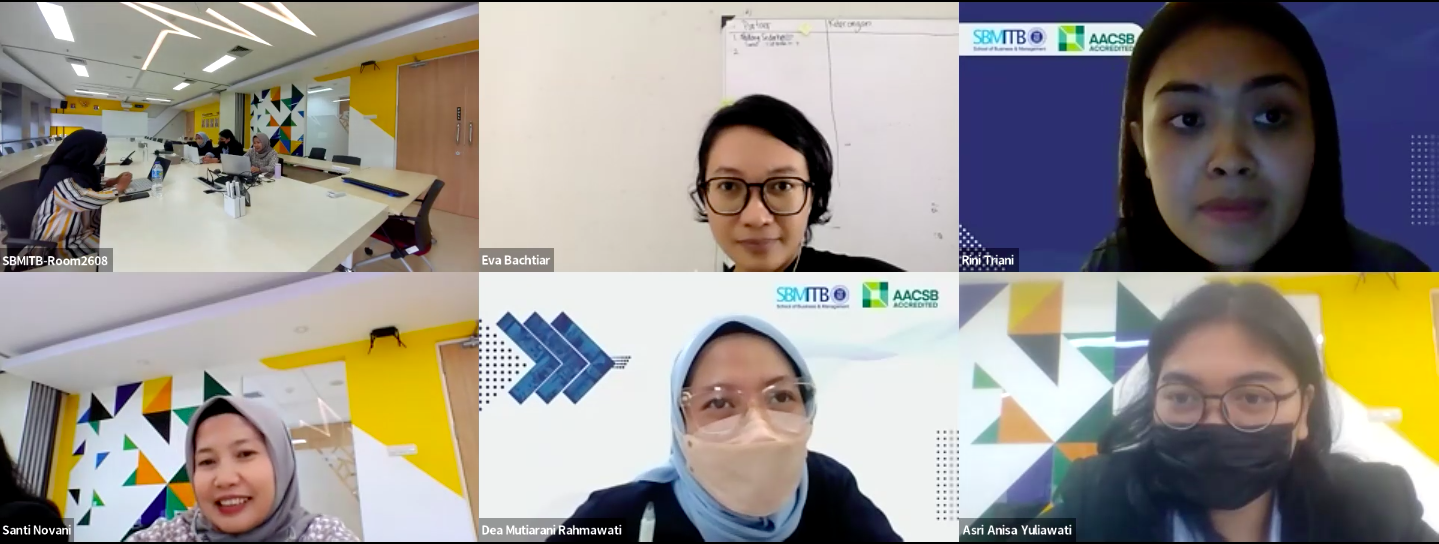Triggered by Indonesia’s large food waste production, Eva Bachtiar founded Garda Pangan in 2017. Now after five years, Garda Pangan has managed to save and distribute 425,016 portions of food, or 113 tons, to 26,264 beneficiaries.
Garda Pangan has also processed 120 tons of food waste into animal feed, equivalent to reducing 442,700 kilograms of carbon dioxide.

Eva, the Co-Founder and CEO of Garda Pangan, shared her journey in founding the community on Friday (10/2) at a guest lecture on Service Science at Master of Science in Management, SBM ITB.
According to Eva, food waste has an impact on three sectors. In the financial sector, when throwing food away, humans experience a loss equal to the price of the food. Countless resources are also wasted.
In the social sector, leftover food piles up amidst many underprivileged people who wake up hungry. The third is the environmental sector. When food is wasted in landfills, it produces methane, which is 23 times more dangerous than carbon dioxide and contributes to global warming.
Garda Pangan, said Eva, carries out various activities to achieve its mission. First, food rescue or saving food so it does not turn into the trash, and the food is distributed to underprivileged residents. Second, gleaning, namely managing and distributing farmers’ crops that do not pass the selection process for markets or retail. Third, creative campaigns promote the importance of food waste on social media and street platforms, such as car-free days (CFD). Fourth, food waste management service, which provides management services for large food waste (more than 500 kilograms). Finally, education & workshops, providing information to the public about food loss and waste management.
In terms of SDGs, said Eva, Garda Pangan contributes in the context of zero hunger, good health and well-being, sustainable cities, and communities, responsible consumption and production, and climate action.





